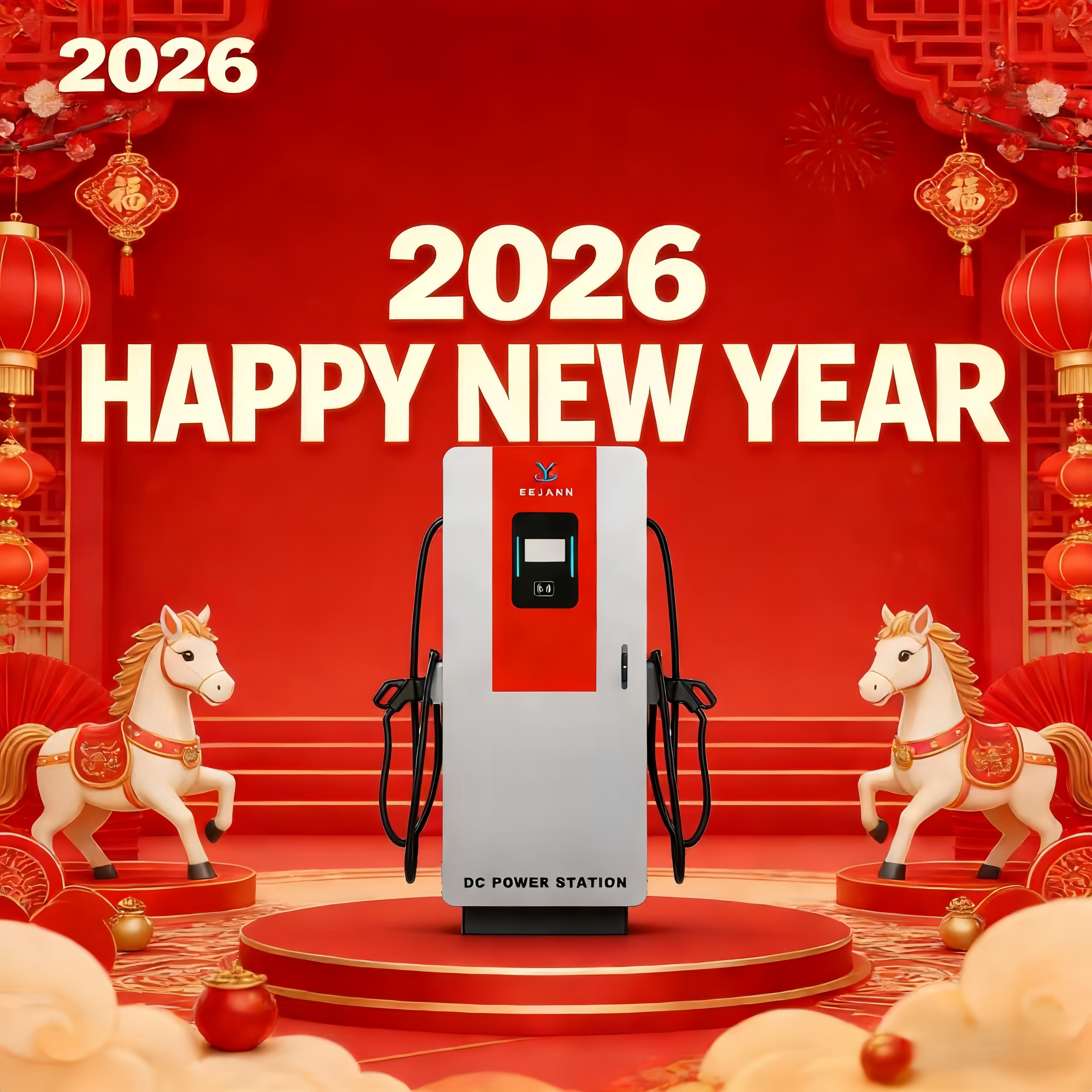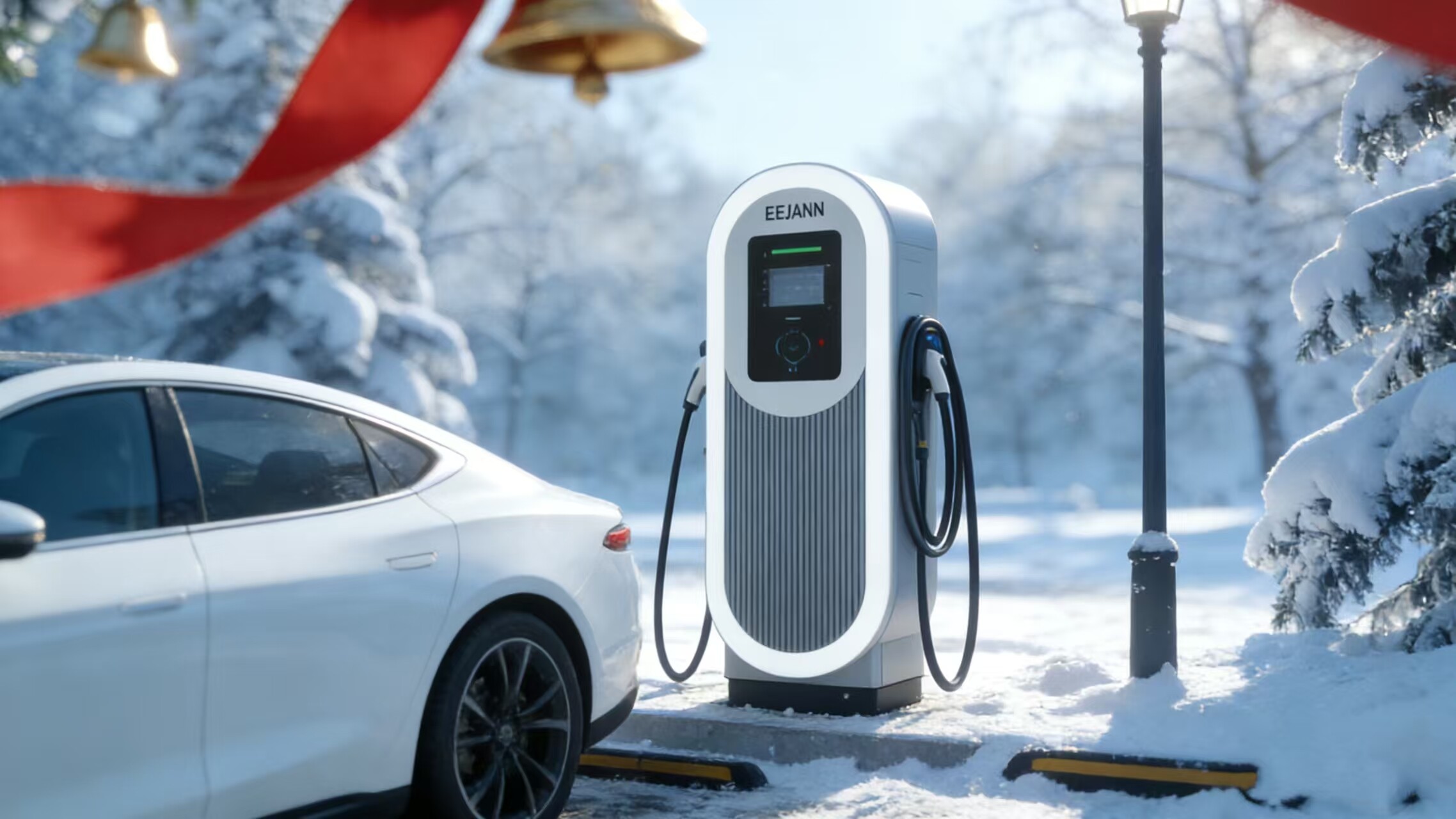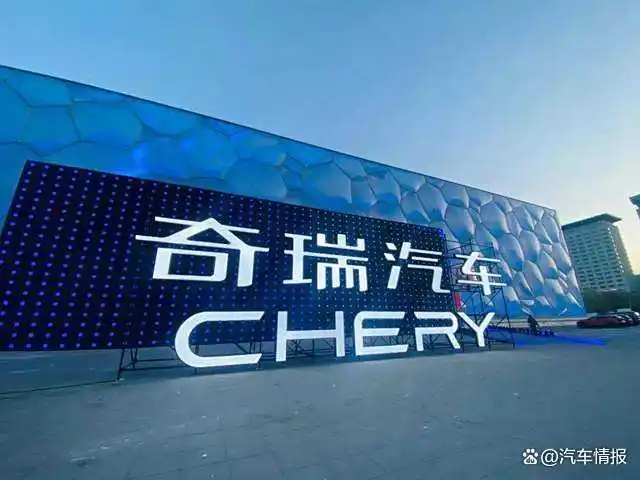Categories List
In April 2025, the Thai automotive market is undergoing a significant transformation, with the traditional consumption pattern being challenged by the wave of electrification. Overall sales have slightly increased by 0.97% year-on-year, but have dropped sharply by 15.42% month-on-month. This superficial recovery actually conceals deep-seated problems in the market. Particularly, the sales of pickup trucks have remained sluggish, indicating that this long-time dominant model is facing unprecedented pressure.
During this period, household debt levels have remained high, and the conservative attitude of banks towards credit has restricted consumers' purchasing power. Meanwhile, Thailand's industrial output has declined, and private sector investment has been weak. The high cost of living has further eroded consumer confidence. These factors collectively have led to a lack of willingness for large-scale consumption, thus preventing the automotive market from escaping the "bottom oscillation" situation.
From a production perspective, the total vehicle production in April was 104,250 units, a slight decrease of 0.4% year-on-year, while the month-on-month decline was as high as 19.75%. Especially for traditional fuel vehicles, especially those for export, the production capacity has decreased significantly. The production of passenger cars dropped by 33.6% year-on-year, and the production of export-oriented fuel vehicles plummeted by 36.93%. This trend is not only influenced by international environmental regulations but also indicates that the export-oriented structure of Thailand's automotive industry is facing challenges.
In terms of exports, Thailand exported 65,730 vehicles in April, a year-on-year decrease of 6.31%. This is not only due to the model change cycle in overseas markets but also reflects the adaptation bottleneck of Thailand's main products under the upgrade of international regulations. In contrast to the sluggishness of traditional models, new energy vehicles performed vigorously in April. The sales of pure electric vehicles (BEV) reached 10,901 units, accounting for 23.1%, a year-on-year increase of 179.5%.
The rapid growth of electric vehicles not only boosted overall sales but also demonstrated that the local manufacturing system is rapidly adjusting its direction. Plug-in hybrid vehicles (PHEV) also performed well, with a year-on-year increase of 720.45%. However, hybrid vehicles (HEV) saw a decline of 23.18%, indicating a rapid shift in market focus towards pure electric models. The production of electric vehicles also increased significantly, with year-on-year growth of 639.75% for BEV, 319.11% for PHEV, and 35.31% for HEV.
It is worth noting that Thailand achieved its first export of electric vehicles, although the quantity was only 660 units. This move symbolizes Thailand's efforts to transform into a manufacturing and export center for electric vehicles in Southeast Asia. In this wave of electrification, Chinese brands have begun to shine. BYD's new model, Sealion6, entered the market in April and sold 2,640 units, successfully ranking among the top five in sales, surpassing popular Japanese models such as Honda City and HR-V.
This not only proves the product strength of BYD but also indicates that Thai consumers' acceptance of Chinese electric vehicle brands is rapidly increasing. Although Toyota and Isuzu still dominate the market, their sales have declined significantly compared to the same period last year. Toyota Hilux saw a year-on-year decrease of 18.8%, and Isuzu D-Max dropped by 21.4%. All these factors are verifying the structural weakness of the pickup truck market.
Overall, the Thai automotive market in April 2025 is in the process of traditional fuel vehicles gradually stepping down from the main stage. New energy vehicles, driven by policy benefits, technological progress, and the strong promotion of foreign brands, are accelerating their penetration and reshaping the consumption pattern. The future Thai automotive market will be a fascinating collision between the wave of electrification and traditional models, which is worth looking forward to.
Leave A Reply
Please Give Us A Message




